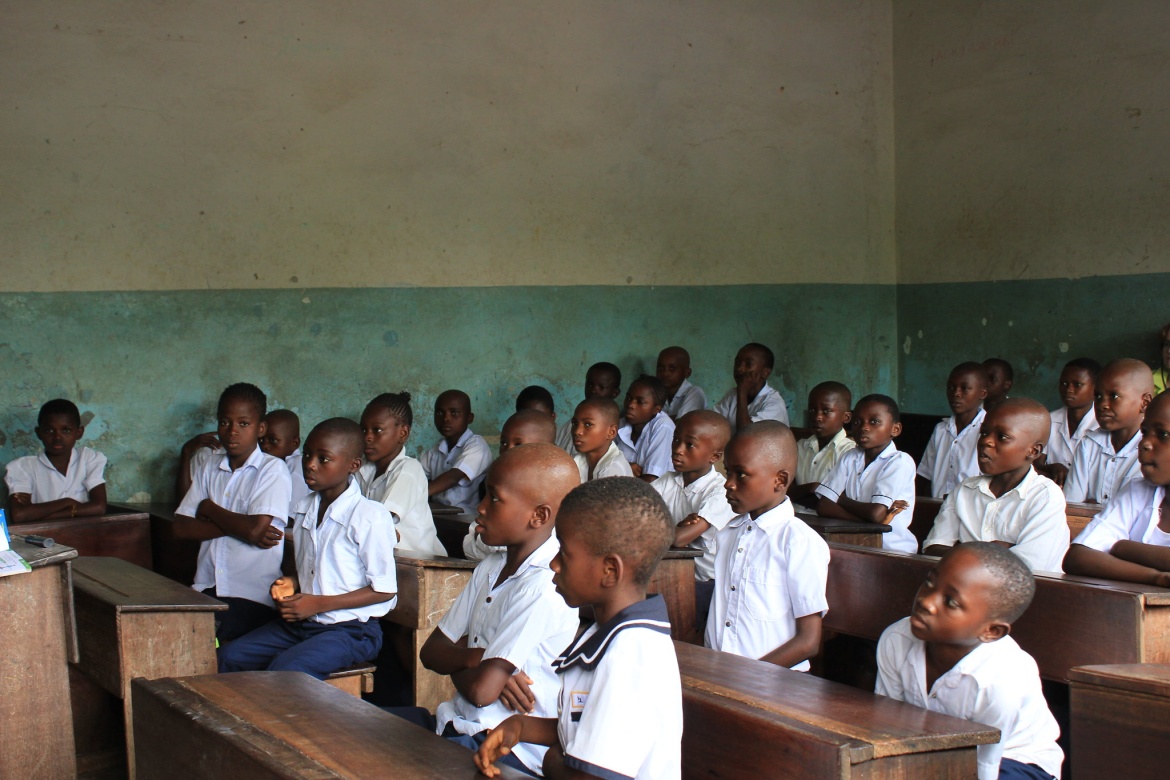Since joining GPE in 2012, the Democratic Republic of Congo (DRC) has increased the primary school completion rate from 29% to 70%. Still, too many students enrolled in primary school do not complete it, and as of 2023, one in five primary age children is out of school.
For those in school, 73% are not proficient in reading and 81% are not proficient in math (PASEC 2019). To unlock large-scale change, DRC is working with GPE and other partners to improve the quality of teachers and teaching.
As explained in DRC’s Partnership Compact, better trained and supported teachers are expected to enhance the learning environment, boost student performance, and create a more resilient education system. And an increase in the number of female teachers will help address barriers to girls’ education.
To agree on this priority reform, the ministries responsible for education engaged sector stakeholders to assess persistent challenges and identify solutions that have the potential to leverage system transformation.
The context shaping DRC’s priority reform
The introduction of free primary education in 2020 improved equitable access but led to a rapid increase in the number of students, which was challenging for the system to accommodate. With many children in school but not learning basic competencies, DRC had a growing learning crisis, which was compounded by the COVID-19 pandemic.
Furthermore, as of 2023, DRC continues to suffer from one of the world’s most complex and protracted humanitarian crises. Armed conflicts since the 1990s have displaced millions of Congolese within the country, and more than half of the population lives in extreme poverty.
The strong commitment of the government to prioritize education and work in partnership to improve learning for all Congolese children has resulted in progress despite enormous challenges. Prior reforms have laid important foundations for achieving results at scale.
Improving learning in primary education
A US$100 million GPE grant, implemented by the World Bank from 2017 to 2022, helped address low teacher effectiveness and shortages of teaching and learning materials.
Pre-service and in-service teacher training focused on early grade reading and numeracy in national languages. In 2009, the government developed a policy for the use of national languages (Lingala, Kikongo, Kiswahili and Tshiluba) for the language of instruction, replacing French.
